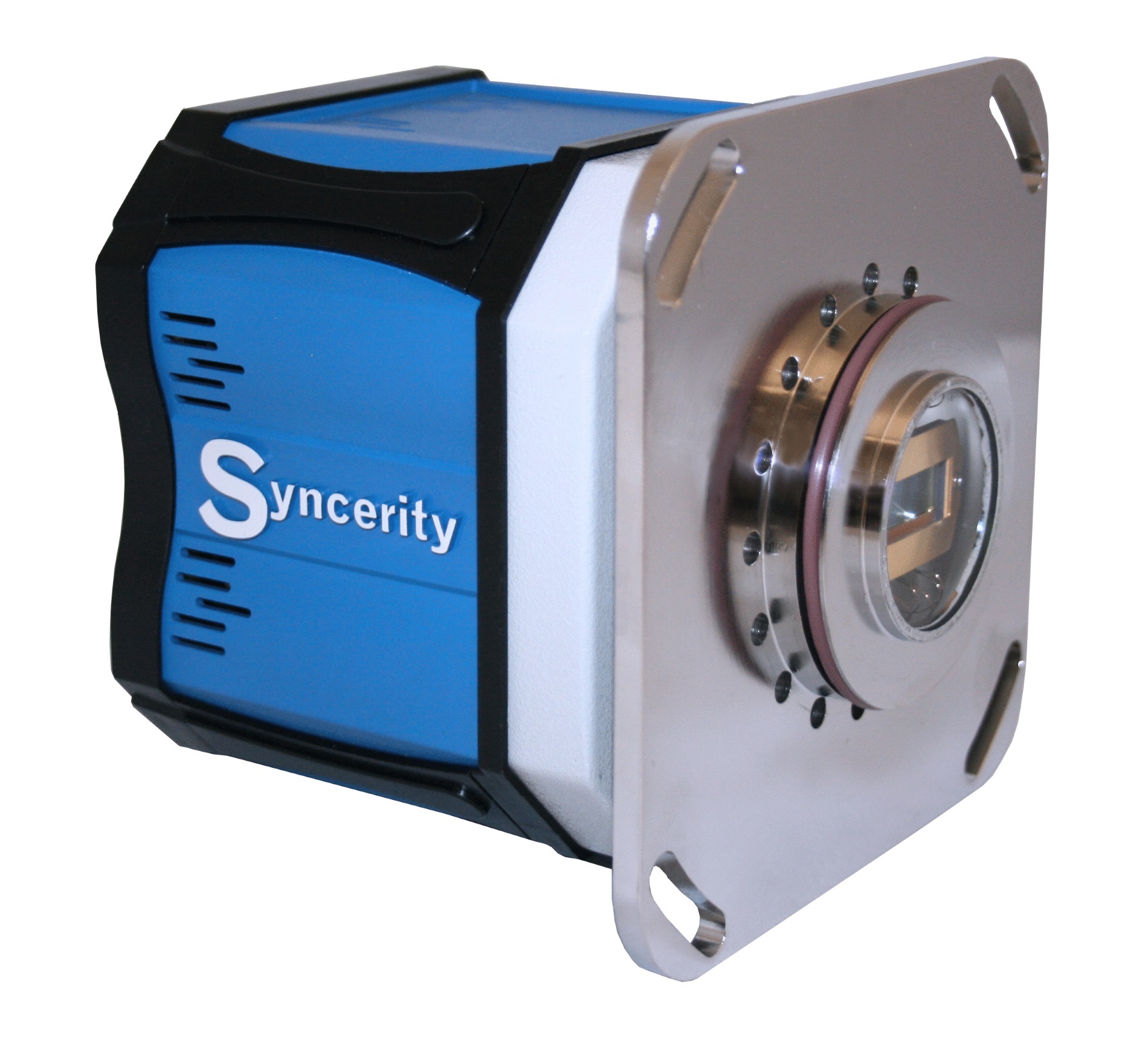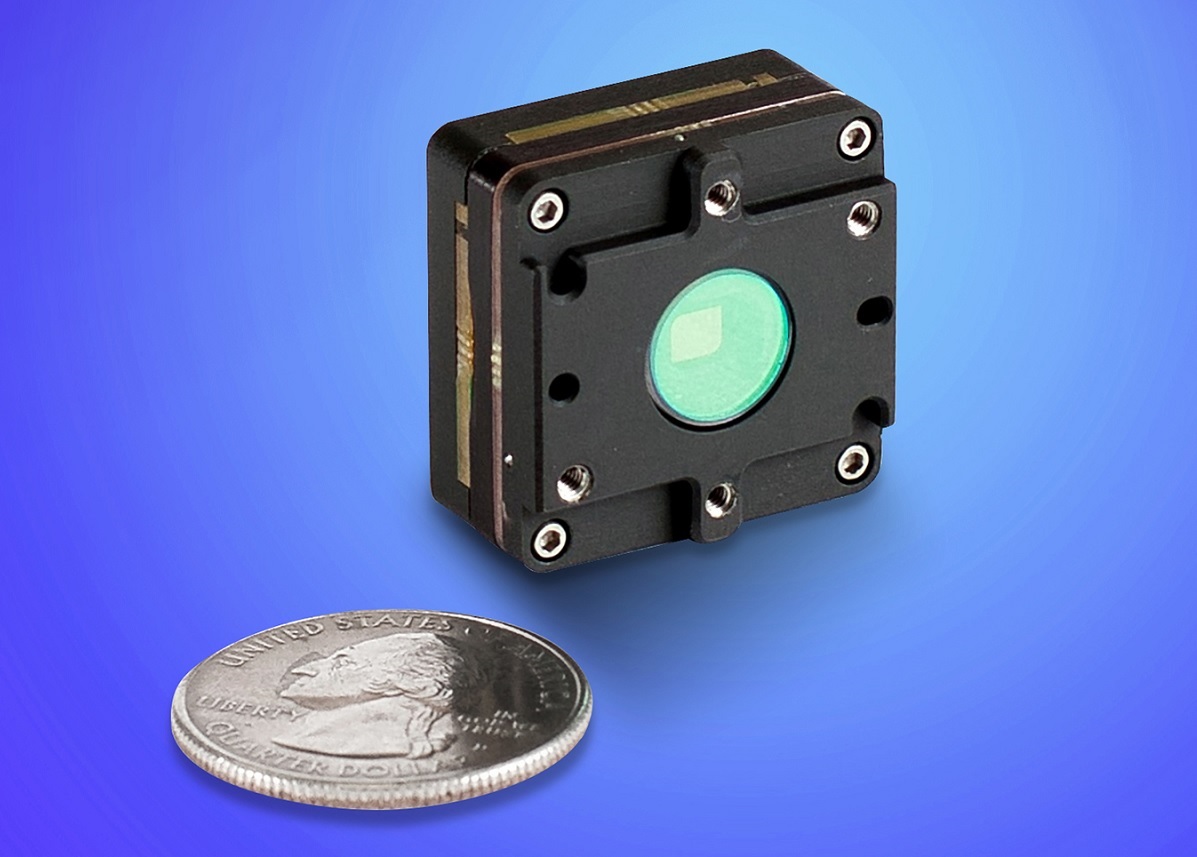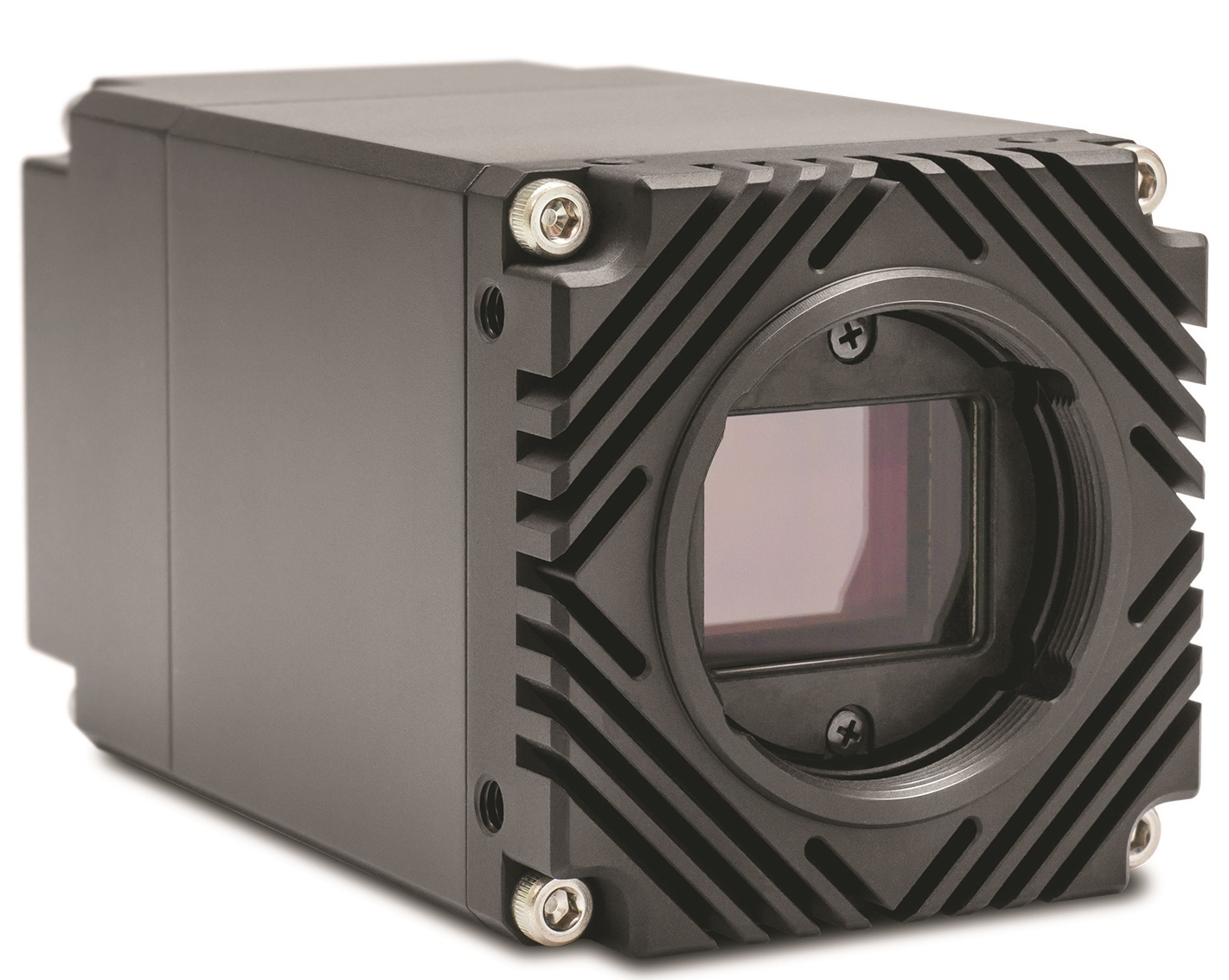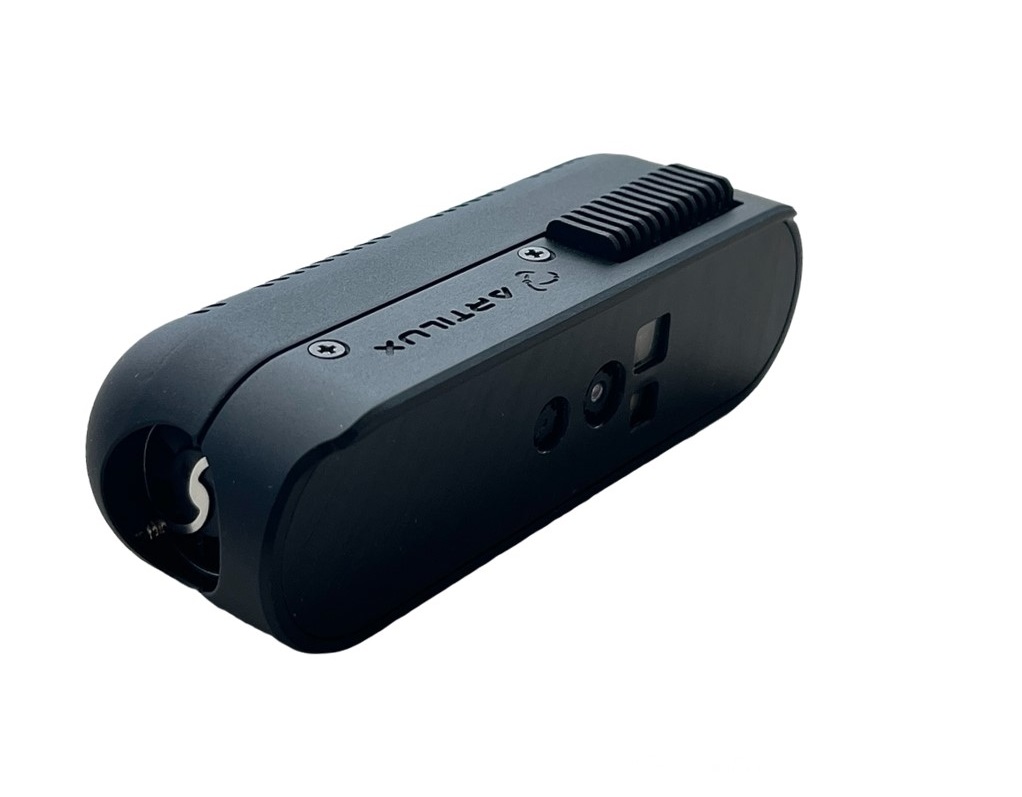Jan. 10, 2017
HORIBA Scientific, global leader in OEM spectrometers, cameras and spectroscopy solutions, released a new addition to its family of deep-cooled scientific CCD cameras. The Syncerity VUV features CCDs sensitive in the far ultraviolet (FUV), with 58% Quantum Efficiency at 120 nm without an anti-reflective coating. The new Syncerity is offered in a standard format of 2048 x 70 pixels and special optional formats of 2048 x 256, 2048 x 512 pixels and 1024 x 128.
The Syncerity can be deep TE-cooled to -50oC (vacuum), or to -30oC with N2 purge, and offers low dark current and low noise.
The TE-cooled CCD vacuum camera includes a special Viton©-sealed flange for compatibility with high vacuum chambers, such as HORIBA's VUV spectrographs. The CCDs can be provided with an anti-reflective coating for 115 nm to 200 nm, or without an anti-reflective coating for 135 nm to 1100 nm. The camera also can come with or without a magnesium fluoride (MgF2) window.
“The Syncerity VUV camera joins HORIBA’s existing line of scientific cameras, including the original Syncerity air-cooled camera, the Synapse Plus deep-cooled camera, Synapse EM CCD deep-cooled camera and the Symphony LN2 –cooled camera,” said Nicolas Vezard, Vice President of the Gratings and OEM division for HORIBA Scientific. “It also complements our line of vacuum monochromators and CCD spectrometers, including the H20UVL, H30UVL and the TGS300. All are designed to be customizable for OEM volume applications.”
The Syncerity VUV Camera is currently available. It will be on display in booth 1000 at the Photonics West show in San Francisco from January 31 – February 2. Complete information can be found at: horiba.com/syncerityVUV

Deep-Cooled CCD Offers Sensitivity in the FUV Down to 120nm

Syncerity VUV











